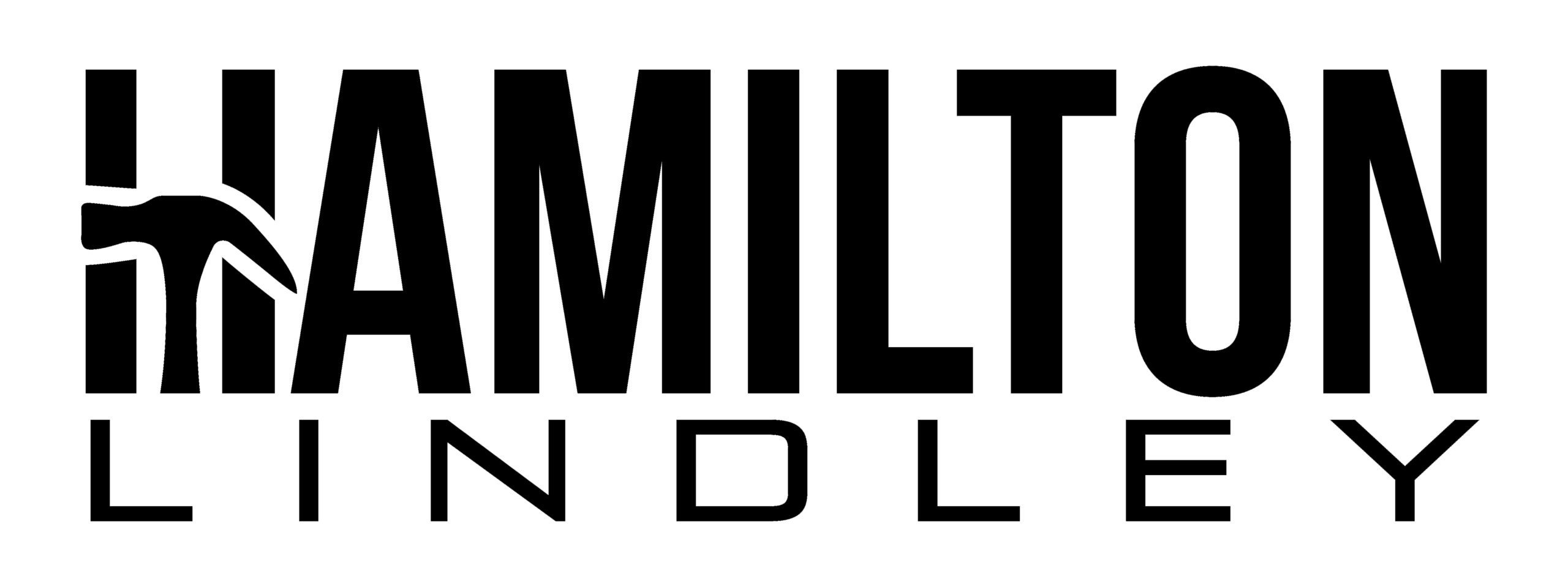After the epidemic and the widespread work-from-anywhere policy, 65 percent of employees feel less connected to their coworkers. This disconnection causes many resignations, costing U.S. businesses up to $406 billion each year. Research shows that lonely workers have lower productivity, a higher chance of leaving their jobs, more missed days at work, and lower job quality. On the flip side, workers with a strong sense of belonging are less likely to leave, perform better at their jobs, and take fewer sick days.
To counter workplace disengagement, promoting friendship and genuine connections at work is crucial. In a study, 77 percent of respondents said that forming close relationships with coworkers was the most important factor for job happiness—salary ranked ninth. Surveys reveal that only 30% of employees have a best friend at work, but those who do are seven times more engaged. Working with a best friend leads to better work, greater well-being, improved customer interactions, and fewer on-the-job injuries. In contrast, employees without a best friend at work have a 1 in 12 chance of being engaged. The chances of reporting overall life fulfillment drop to 1% without meaningful work interactions.
As the Great Resignation continues, here are four ways to help your team build healthier workplace connections:
- Make connecting a habit:
Workplace connections don’t just happen; they need optimism, vulnerability, and consistency. Create regular bonding routines, like Gratitude Mondays, where workers express thanks, or Storytelling Fridays, where personal stories are shared. These activities build a sense of belonging by fostering compassion and curiosity. - Make getting help easy:
Support often starts with a request. Establish a system like a reciprocity ring, where team members share problems, and the group provides contacts, suggestions, and resources. Keep track of requests in a shared spreadsheet and use chat to offer support between meetings, creating a culture where friendships thrive. - Make onboarding interactive:
Onboarding is critical for promoting workplace relationships, especially for those who started working during the pandemic and never met their colleagues in person. Use activities like the Board of Advisors, where new employees share challenges, and others offer advice and support. This fosters mutual support, creating deeper connections from the start. - Make rest a reality:
Prioritize employee health to encourage friendship development. Support mental health services, implement work-free hours, and encourage employees to spend more time with friends and family. Initiatives like phone breaks, walks, and starting meetings with interactive icebreakers contribute to reducing loneliness and building stronger bonds.
In today’s lonely world, human connection is everyone’s responsibility. It’s a vital part of creating a great workplace and a more resilient organization.

